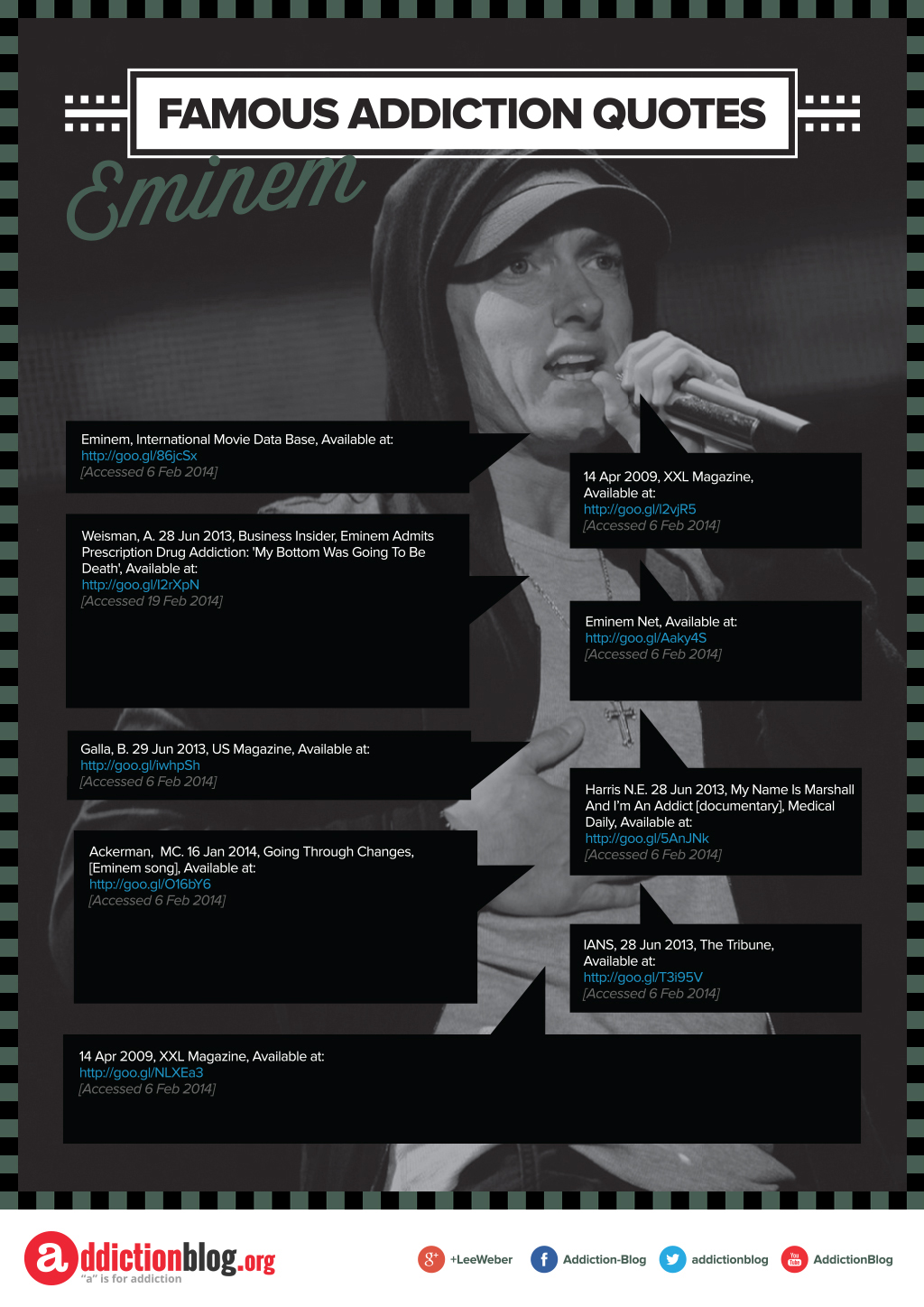Discover The Trick To Creating A Durable Aftercare Plan Following Drug Rehabilitation And Unlock The Door To Continual Success
Discover The Trick To Creating A Durable Aftercare Plan Following Drug Rehabilitation And Unlock The Door To Continual Success
Blog Article
Write-Up Written By-White Carlton
You've finished drug rehabilitation, and now it's time to produce an effective aftercare strategy to guarantee your long-term recuperation.
Photo this: you're an individual determined to remain tidy and construct a meeting life. https://k12.instructure.com/eportfolios/309587/Home/Discovering_Hope_Inspiring_Stories_Of_Recuperation_From_Drug_Rehab will guide you through determining recurring support group, including treatment and counseling, and creating healthy and balanced coping devices.
With these strategies, you'll be equipped to flourish in your journey of soberness.
Let's start.
Identifying Ongoing Assistance Solutions
You must determine a minimum of 3 continuous support systems to make certain a successful recovery after drug rehabilitation.
The first support system is your friends and family. They can supply emotional support, support, and help you remain liable. They can also supply a safe and understanding environment where you can share your struggles and victories.
The second support group is your therapist or counselor. They can assist you overcome any kind of underlying concerns that may have contributed to your addiction and provide guidance on how to prevent regression. They can additionally show you coping mechanisms and healthy methods to take care of stress.
The 3rd support system is a support group or a sober community. Being bordered by others that are going through similar experiences can be extremely advantageous. They can provide a feeling of belonging, recognizing, and offer important advice and assistance.
Incorporating Therapy and Counseling
To attain a successful recuperation, it is necessary for you to proactively participate in therapy and counseling sessions, in addition to include them into your recurring support systems. By doing so, you can optimize the benefits of these therapy methods and boost your chances of maintaining lasting sobriety.
Here are website why incorporating therapy and counseling right into your aftercare plan is vital:
- ** Emotional Support: ** Treatment and therapy supply a safe space for you to reveal your thoughts, feelings, and has a hard time pertaining to your dependency. It enables you to overcome any type of unsettled issues and create healthy coping systems.
- ** Relapse Prevention: ** These sessions outfit you with the necessary tools and strategies to stop regression. They help you identify triggers, establish coping skills, and develop a solid structure for taking care of yearnings and anxiety.
- ** Individual Development: ** Treatment and therapy help with individual growth and self-discovery. They aid you acquire insight into the underlying sources of your dependency, enhance self-worth, and create healthier partnerships.
Developing Healthy Coping Mechanisms
Throughout treatment and counseling sessions, it's vital to proactively deal with creating healthy and balanced coping mechanisms in order to successfully manage stress and challenges.
You require to identify and comprehend your triggers, those things that cause you distress or stress and anxiety. By recognizing these triggers, you can establish strategies to cope with them in a healthy and balanced way. This may entail exercising deep breathing exercises, taking part in physical activity, or locating an imaginative outlet to express your emotions.
It is very important to also border yourself with a solid support group of friends and family that can offer inspiration and assistance.
Furthermore, self-care tasks such as getting adequate rest, eating well, and practicing relaxation methods can significantly add to your total wellness.
Conclusion
In the journey towards recuperation, developing a successful aftercare strategy resembles having a tendency to a delicate yard. Just as a gardener nurtures each plant with care and interest, so too should one grow ongoing support group, incorporate treatment and therapy, and create healthy and balanced coping devices.
By doing so, the seeds of recuperation will certainly blossom into a flourishing garden, providing a solid structure for a brighter, drug-free future.
